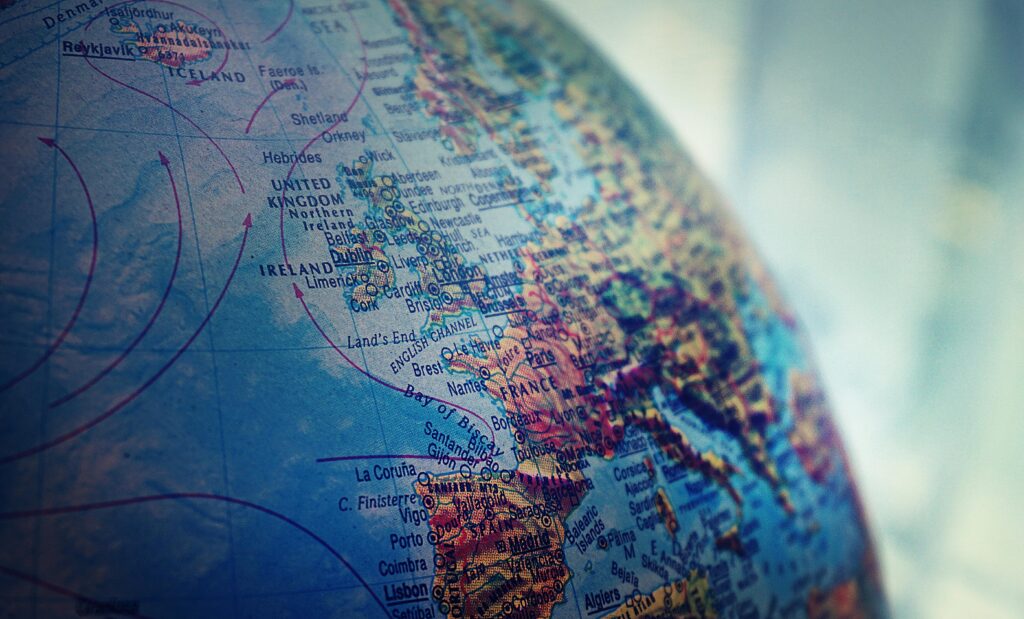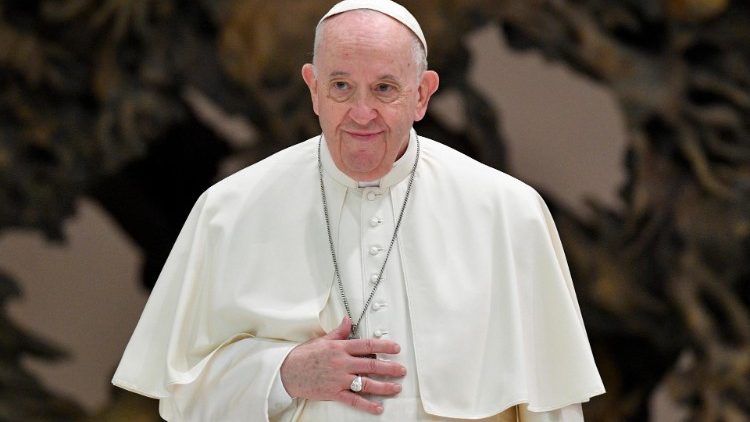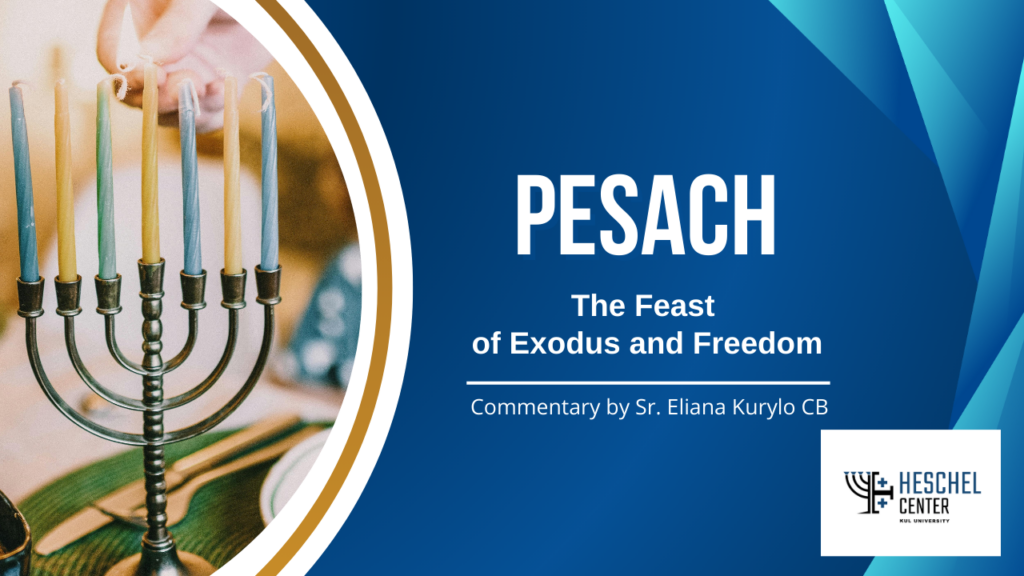Global Personalist Bioethics
Reflections on Bioethics from the Perspective of the Social Doctrine of the Church

This article is born from my recent academic and university activity. Various studies and research, also inspired by faith in its dialogue with reason and science, show us these inherent features of bioethics: personalist and global. The Popes themselves, such as Saint John Paul II and Benedict XVI or Francis himself following in the footsteps of his predecessors, point to these personalist and global horizons for the moral or social doctrine of the church (DSI), so inseparably linked to bioethics. Certainly, as has been studied and researched, personalism is closely interrelated with the work of these Popes, especially K. Wojtyła and his ties with J. Ratzinger, with the magisterium itself, the church, such as Vatican II, for example, Gaudium et spes (GS).
From the above, a personalist bioethic is certainly outlined that highlights the transcendent, sacred, and inviolable life and dignity of the person in all its phases, dimensions, or aspects, as Saint John Paul II masterfully teaches us in Veritatis Splendor (VS) and, singularly, in Evangelium vitae (EV). Every relationship, law, or social and international structure must be based on the “respect due to the human person” (VS 80). Francis, already from Evangelii gaudium (EG), also transmits the “centrality and supreme value of the human person in all the phases of his existence” (EG 224). From his programmatic Redemptor hominis (RH), Saint John Paul II shows in a very profound way an entire personalist anthropology and ethics with its humanist, ethical, critical, and theological sense (RH 13-14). And it is “that, in reality, this profound stupor regarding the value and dignity of man is called the Gospel, Good News. It is also called Christianity” (RH 10).
For this reason, from this inspiration of faith, personalism with its bioethics opens up to this global horizon, in affinity with the meaning of human development, which is supportive and integral, as St. Paul VI masterfully highlights in Populorum progressio (PP) with the DSI. In this key of respect for life and dignity, a development of the whole person, in all its phases or dimensions, and of all people with that Catholic, universal and global worldview that encompasses and includes the entire human family. Without this universal supportive brotherhood, a globalization of solidarity and peace that supposes justice (beyond all borders or barriers), there is no authentic humanism or moral commitment inspired by faith, therefore, there is no true personalist bioethics with its roots in said faith.
To do so, we only need to continue studying the peaks of this humanism such as the School of Salamanca, the most valuable of Hispanic American thought, including personalism itself: or the aforementioned teaching of said Popes with the DSI, of a Saint John Paul II with Sollicitudo rei socialis (SRS) and Centesimus annus (CA) and including Laborem exercens (LE), of Benedict XVI with Caritas in veritate (CV). And which Francis continues to deepen in its various aspects, both in Laudato si’ (LS) and in Fratelli tutti (FT). As Benedict XVI affirms, “we must strive incessantly to promote a cultural, personalist and community orientation, open to transcendence, of the process of planetary integration” (CV 42). Indeed, we emphasize that, from this morality and DSI that feeds back and integrates with bioethics, a fraternal and supportive globalization is promoted that promotes the civilization of love, of social and international justice, of integral ecology and of global development with this planetary scope.
In all that has been previously stated with morality and DSI, such as the aforementioned LS or Dear Amazon (QA) of Francis, global bioethics is fertilized and constitutively interrelated with integral ecology. A bioethics and human ecology that protects: life from the beginning with fertilization-conception, as science teaches us, in all its integral development and until natural death; together with that living sanctuary of fertile and faithful love, between man and woman, which is marriage, the family with children, an essential social and supportive cell. Bioethics and social ecology, which promote peace intrinsically associated with justice for victims or the poor, such as (impoverished) workers in a personalist sense (LE 15). Work, with the life and dignity of the working person, with their rights, such as a fair salary, comes before capital, linked to the universal destiny of goods that has priority over property. Bioethics and environmental ecology itself, in the care of that common home that is planet Earth, ecological justice against the destruction of sister Earth.
In short, spiritual ecology is an existence of holiness, of fraternal love and spiritual poverty with the communion of life, of goods and of solidarity action for justice with the poor-victims. In the face of evil, sin and injustice with their idols (false gods) of wealth-being rich, of power and violence. This spiritual and ecological conversion has as its root faith, hope with transcendent life, charity, mysticism… God himself, revealed in Jesus Christ, humble, poor and crucified-resurrected for his Kingdom of life, of love, of justice, of liberating, eschatological and integral salvation.
We insist, in conclusion, that all these philosophical, theological and ecclesial sources guide us adequately for this solid global personalist bioethics, above all ideology and ideologization; Above all, they teach us a credible (coherent) defense of the life and dignity of the person, of the victims of history and of the poor of the earth.
Related

More than a Decade of Service, Reform, and Hope
Exaudi Staff
21 April, 2025
4 min

The Pontificate of Pope Francis: A Leadership of Compassion and Renewal for the Church
Exaudi Staff
21 April, 2025
3 min

Easter Sunday: Christ’s victory over death
Exaudi Staff
20 April, 2025
3 min

Pesach – The Feast of Exodus and Freedom. This Year Celebrated Together with Easter
Heschel Centre for Catholic-Jewish Relations at the Catholic University of Lublin
20 April, 2025
2 min
 (EN)
(EN)
 (ES)
(ES)
 (IT)
(IT)

